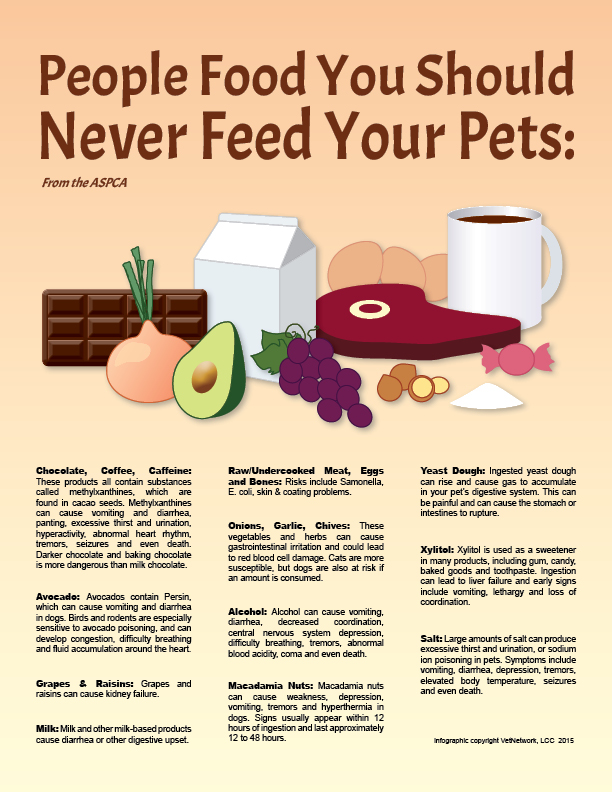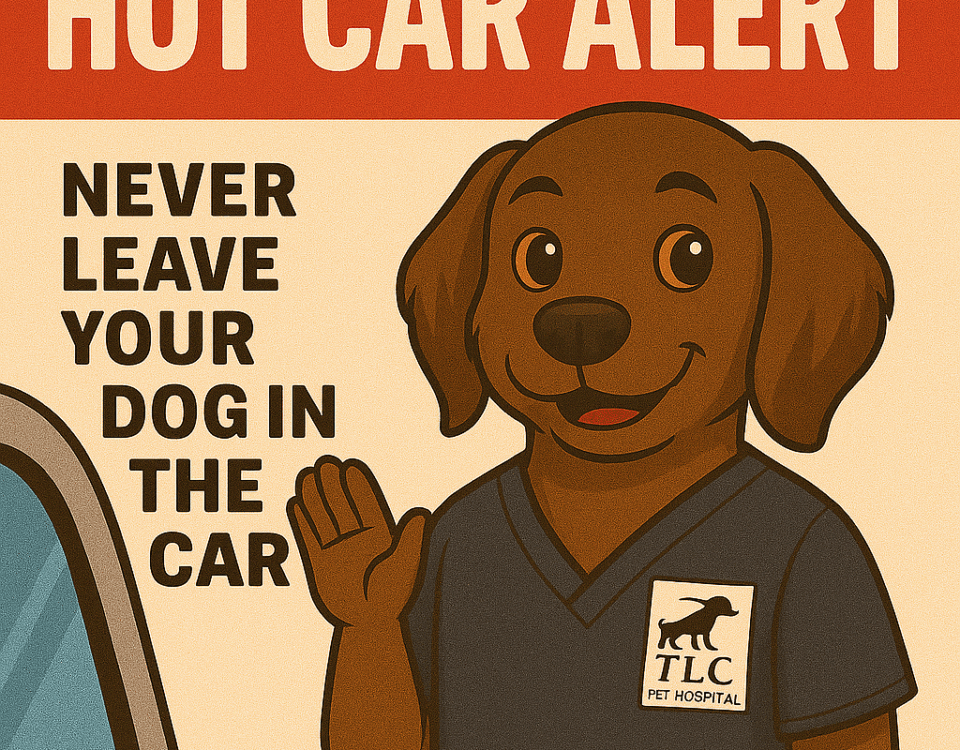4th Of July: Pet Safety Tips
July 1, 2013Accupuncture
July 9, 2013Every year, dogs suffer and die when their guardians make the mistake of leaving them in a parked car—even for “just a minute”—while they run an errand. Parked cars are deathtraps for dogs: On a 78-degree day, the temperature inside a parked car can soar to between 100 and 120 degrees in just minutes, and on a 90-degree day, the interior temperature can reach as high as 160 degrees in less than 10 minutes.
Animals can sustain brain damage or even die from heatstroke in just 15 minutes. Beating the heat is extra tough for dogs because they can only cool themselves by panting and by sweating through their paw pads.
If you see a dog left alone in a hot car, take down the car’s color, model, make, and license plate number. Have the owner paged in the nearest buildings, or call local humane authorities or police. Have someone keep an eye on the dog. Don’t leave the scene until the situation has been resolved.
If the authorities are unresponsive or too slow and the dog’s life appears to be in imminent danger, find a witness (or several) who will back up your assessment, take steps to remove the suffering animal from the car, and then wait for authorities to arrive.
Watch for heatstroke symptoms such as restlessness, excessive thirst, thick saliva, heavy panting, lethargy, lack of appetite, dark tongue, rapid heartbeat, fever, vomiting, bloody diarrhea, and lack of coordination. If a dog shows any of these symptoms, get him or her out of the heat, preferably into an air-conditioned vehicle, and then to a veterinarian immediately. If you are unable to transport the dog yourself, take him or her into an air-conditioned building if possible and call animal control: Tell them it is an emergency.
Provide water to drink, and if possible spray the dog with a garden hose or immerse him or her in a tub of cool (but not iced) water for up to two minutes in order to lower the body temperature gradually. You can also place the dog in front of an electric fan. Applying cool, wet towels to the groin area, stomach, chest, and paws can also help. Be careful not to use ice or cold water, and don’t overcool the animal.



